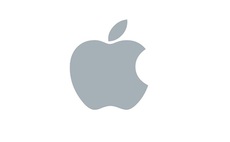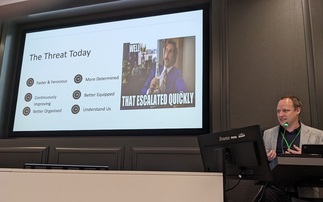No company too big, or too small, to be "security shamed" by Google
Microsoft has been "security shamed" - and not for the first time - by Google's Project Zero unit after the software giant had to pull its monthly Patch Tuesday last week. The patches were expec...
To continue reading this article...
Join Computing
- Unlimited access to real-time news, analysis and opinion from the technology industry
- Receive important and breaking news in our daily newsletter
- Be the first to hear about our events and awards programmes
- Join live member only interviews with IT leaders at the ‘IT Lounge’; your chance to ask your burning tech questions and have them answered
- Access to the Computing Delta hub providing market intelligence and research
- Receive our members-only newsletter with exclusive opinion pieces from senior IT Leaders




















